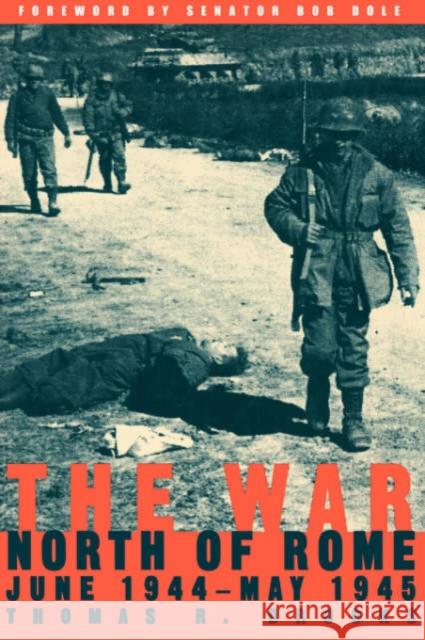The War North of Rome: June 1944-May 1945 » książka
The War North of Rome: June 1944-May 1945
ISBN-13: 9780306812569 / Angielski / Miękka / 2003 / 448 str.
The British had a song for it: "Oh, we are the D-Day Dodgers," based on a comment from a female member of Parliament that dismissed all those not on the beaches at Normandy as draft evaders. Indeed, after the invasion of France the Allied armies in Italy found themselves in a forgotten theater of war. Until now, their eleven-month saga of bitter combat and gallant sacrifice has been ignored.The problem for the Allies was that the fall of the Italian capital on June 4, 1944- although a spectacular public relations triumph- did not end the campaign. The Germans had simply conducted a short strategic withdrawal, conceding one objective while proceeding to fortify additional defense lines.From Salerno to Rome, and most famously at Cassino, the Germans took advantage of the mountains, ridges and rivers that crisscross Italy to exact every drop of blood from the Allied forces. Although the press was no longer paying attention, in the north of Rome the process of continued Allied offensives met by a German resistance that alternated between ferocity and flexibility.A notable feature of the combat in Italy was the large mixture of Allied nationalities involved. Although the American Fifth and the British Eighth Armies were the major forces, on different parts of the line fought South Africans, Canadians, Greeks, Nisei, Jews, Poles, French, Gurkhas, Indians and others. The first U.S. black division fought here, as well as the Brazilian contingent (a curiosity to the Germans, who constantly probed their front).The War North of Rome features a forward by Senator Bob Dole, who fought in this neglected theater of war. He was one of 364 wounded (98 killed) in his regiment's attack on a series of German-held hills. Though he barely survived the battle he states, "I always felt I was fortunate . . ."By the time Allied forces vanquished the enemy in Italy, Russian soldiers were already dancing on Hitler's grave. Nevertheless, our young men north of Rome fought as bravely, and suffered as much, as troops on any front in WWII. Their record of courage and sacrifice is described here in a long-overdue, comprehensive account.











